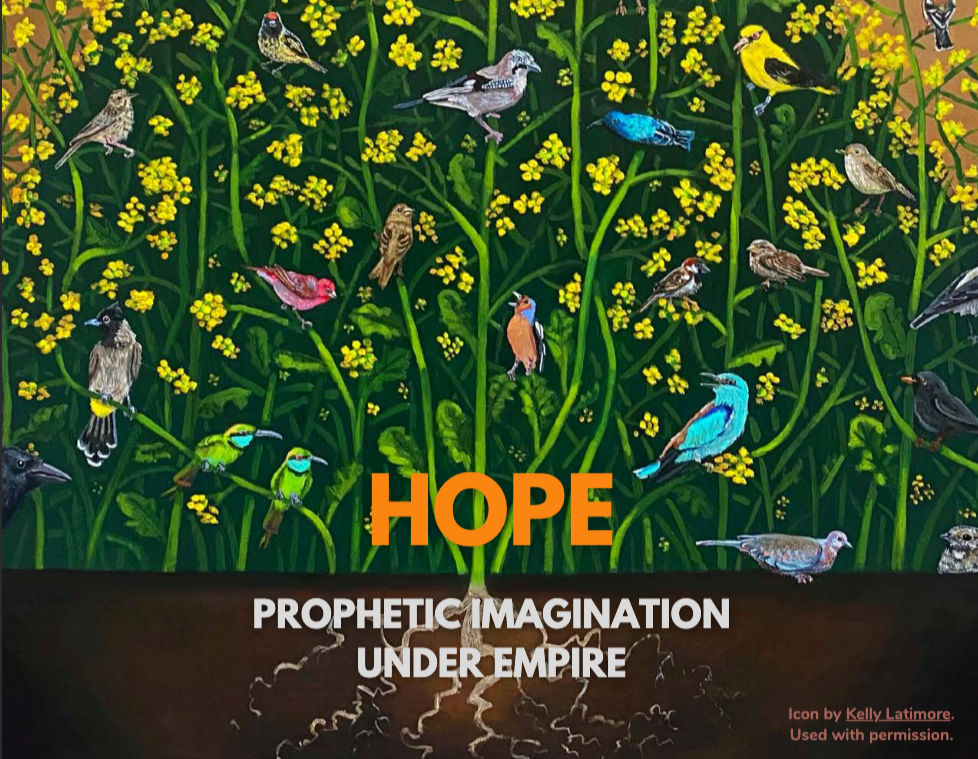The Sacredness of Work
by Rick Love
One of the most damaging ways the sacred-secular dichotomy demonstrates itself is in the clergy-laity split. For example, the phrase “full time Christian service” often implies a superior quality inherent in clerical or missionary work. Let’s see what the Apostle Peter says about this.
"But you are a chosen people, a royal priesthood, a holy nation, God's special possession, that you may declare the praises of him who called you out of darkness into his wonderful light" (1 Peter 2:9).
This verse describes what is known as the priesthood of all believers, a doctrine foundational to Protestantism. According to Peter, all believers are priests, and it was this doctrine that motivated Reformers such as Martin Luther to talk about all good work done by Christians as ministry. In this way Luther broke down the distinction between work in general and ministerial work in particular, or between "sacred" and "secular" work. Gene E. Veith makes a profound observation about the priesthood of all believers:
"The doctrine of vocation amounts to a comprehensive doctrine of the Christian life, having to do with faith and sanctification, grace and good works. It is a key to Christian ethics. It shows how Christians can influence culture. It transfigures ordinary, everyday life with the presence of God…. The priesthood of all believers did not make everyone into church workers; rather it turned every kind of work into a sacred calling" (Veith 2002:17,19).
Work is sacred according to the Scriptures. As God’s image bearers, Adam and Eve were commissioned to rule the earth as partners (Genesis 1:26-28), and their mission to rule the earth involved work. Genesis 2:15 makes this explicit: “The LORD God took the man and put him in the Garden of Eden to work it and take care of it.” Thus, prior to the fall and the curse, Adam and Eve worked. We were created to work, and work is good.
But we now live in a fallen world. Under a curse. Work involves painful toil and sweat (Genesis 3:17-19). So that means that work is bad now, right? Wrong. Work is harder because evil assaults our world. But sin does not make work inherently bad. God’s commission to rule the earth still stands. Work remains part of God’s good plan.
How can our work please God? How can our work be spiritual? Let's look at what Paul wrote in his letter to the Colossians:
"Slaves, obey your earthly masters in everything; and do it, not only when their eye is on you and to curry their favor, but with sincerity of heart and reverence for the Lord. Whatever you do, work at it with all your heart, as working for the Lord, not for human masters, since you know that you will receive an inheritance from the Lord as a reward. It is the Lord Christ you are serving" (Colossians 3:22-24).
This is difficult passage for us to accept because slavery is so heinous, but the point we are making here is that even in the most horrible situations, God still considers work a good thing.
Notice how Paul exhorts slaves to view their work. First he reminds them to be conscientious workers; to be obedient in everything. Next he calls them to carry out their toilsome duties as unto the Lord -- with integrity and dedication, fearing and serving Him. Finally, he encourages these oppressed laborers with an eternal perspective. The Lord will reward them.
Paul explains how Christ’s Lordship works in real life. He exhorts slaves (and all workers) to a holistic rather than a dualistic view of the spiritual life. All of life is spiritual, because the Lord is present. And there is no distinction between "sacred" and "secular" work.










